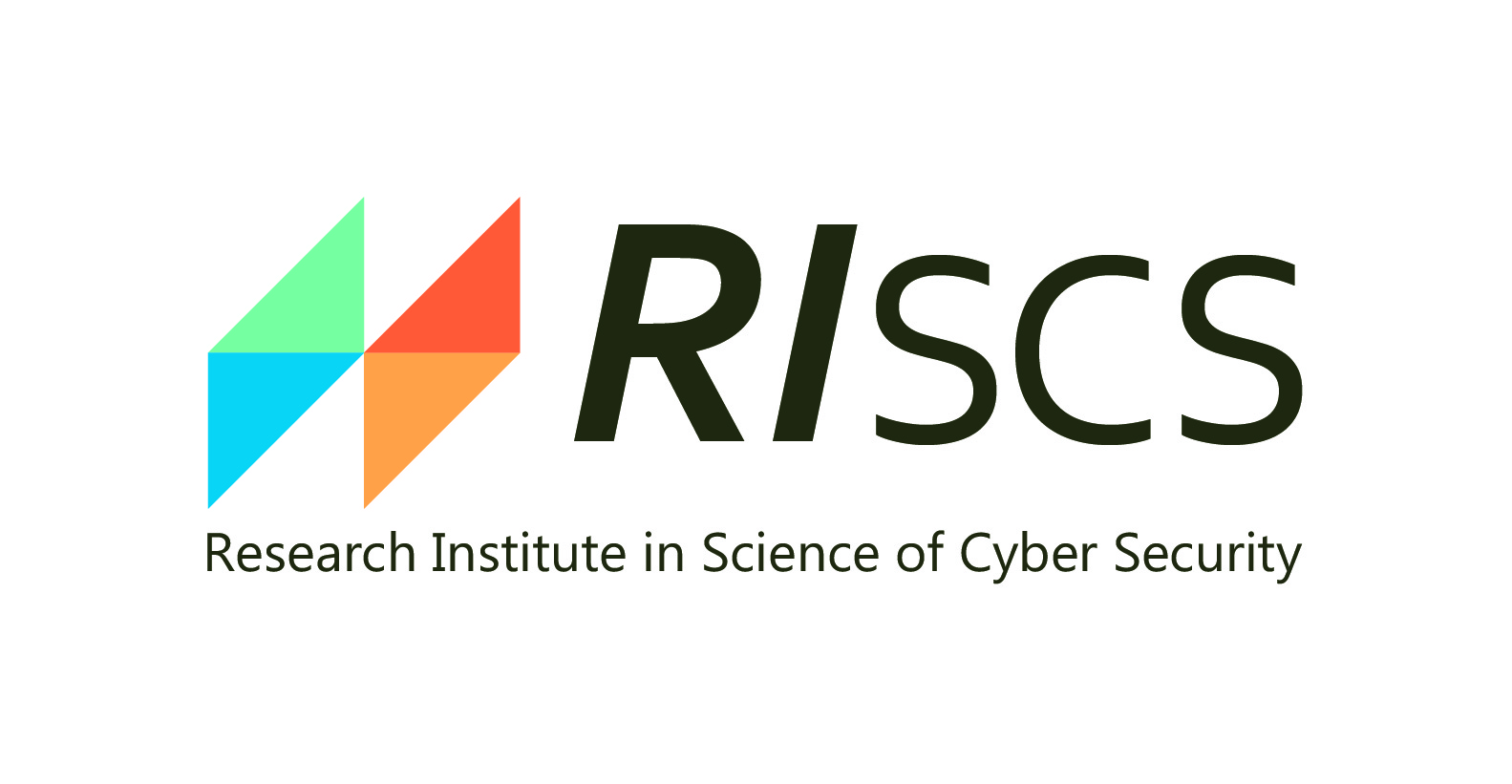Instruments
Towards Valid and Reliable Privacy Concern Scales: The Example of IUIPC-8 PDF 763Kb
Valid and reliable measurement instruments are crucial for human factors in privacy research. We expect them to measure what they purport to measure, yielding validity, and to measure this consistently, offering us reliability. While there is a range of privacy concern instruments available in the field and their investigation continues unabated, we shall focus on a brief form of the scale Internet Users? Information Privacy Concerns (IUIPC-8) as an example. We not only present IUIPC-8 itself, but also consider methods for the evaluation of valid and reliable measurement instruments. In this, confirmatory factor analysis (CFA) serves us as a valuable tool. Our inquiry takes into account the ordinal and non-normal data yielded by the IUIPC questionnaire, compares multiple models to confirm the three-dimensionality of the scale, examines global and local fit and, finally, estimates construct validity and internal consistency reliability metrics. We offer a comparison between IUIPC-10 and IUIPC-8 drawing on two independent samples. In conclusion, we highlight properties of the scale and considerations for its use in practice.
This work is available on arXiv.org and to appear in the open-access book Nina Gerber, Alina Stöver and Karola Marky. Human Factors in Privacy Research. Springer Verlag, Cham, 2023. This work is based on an earlier output, , but features a new WLSMV estimation.
Validity and Reliability of the Scale IUIPC PDF 780Kb
Abstract. Internet Users' Information Privacy Concerns (IUIPC-10) is one of the most endorsed privacy concern scales. It is widely used in the evaluation of human factors of PETs and the investigation of the privacy paradox. We are still missing a dedicated confirmation of IUIPC-10, itself. We aim at closing this gap by systematically analyzing IUIPC's construct validity and reliability. We obtained three mutually independent samples with a total of N=1031 participants. We conducted a confirmatory factor analysis (CFA) on our main sample. Having found weaknesses, we established further factor analyses to assert the dimensionality of IUIPC-10. We proposed a respecified instrument IUIPC-8 with improved psychometric properties. While we could confirm the overall three-dimensionality of IUIPC-10, we found that IUIPC-10 consistently failed construct validity and reliability evaluations, calling into question the unidimensionality of its sub-scales Awareness and Control. Our respecified scale IUIPC-8 offers a statistically significantly better model and outperforms IUIPC-10's construct validity and reliability. The disconfirming evidence on the construct validity raises doubts how well IUIPC-10 measures the latent variable information privacy concern. The sub-par reliability could yield spurious and erratic results as well as attenuate relations with other latent variables, such as behavior.
Note. The technical report appeared as Thomas Groß. Validity and Reliability of the Scale Internet Users' Information Privacy Concern (IUIPC) [Extended Version], https://arxiv.org/abs/2011.11749, 2020.
The definitive version of this work appeared as Thomas Groß. Validity and Reliability of the Scale Internet Users' Information Privacy Concern (IUIPC). In Proceedings of the 21th Privacy-Enhancing Technology Symposium (PoPETS) 2021(2), Sciendo, De Gruyter, 2021.




